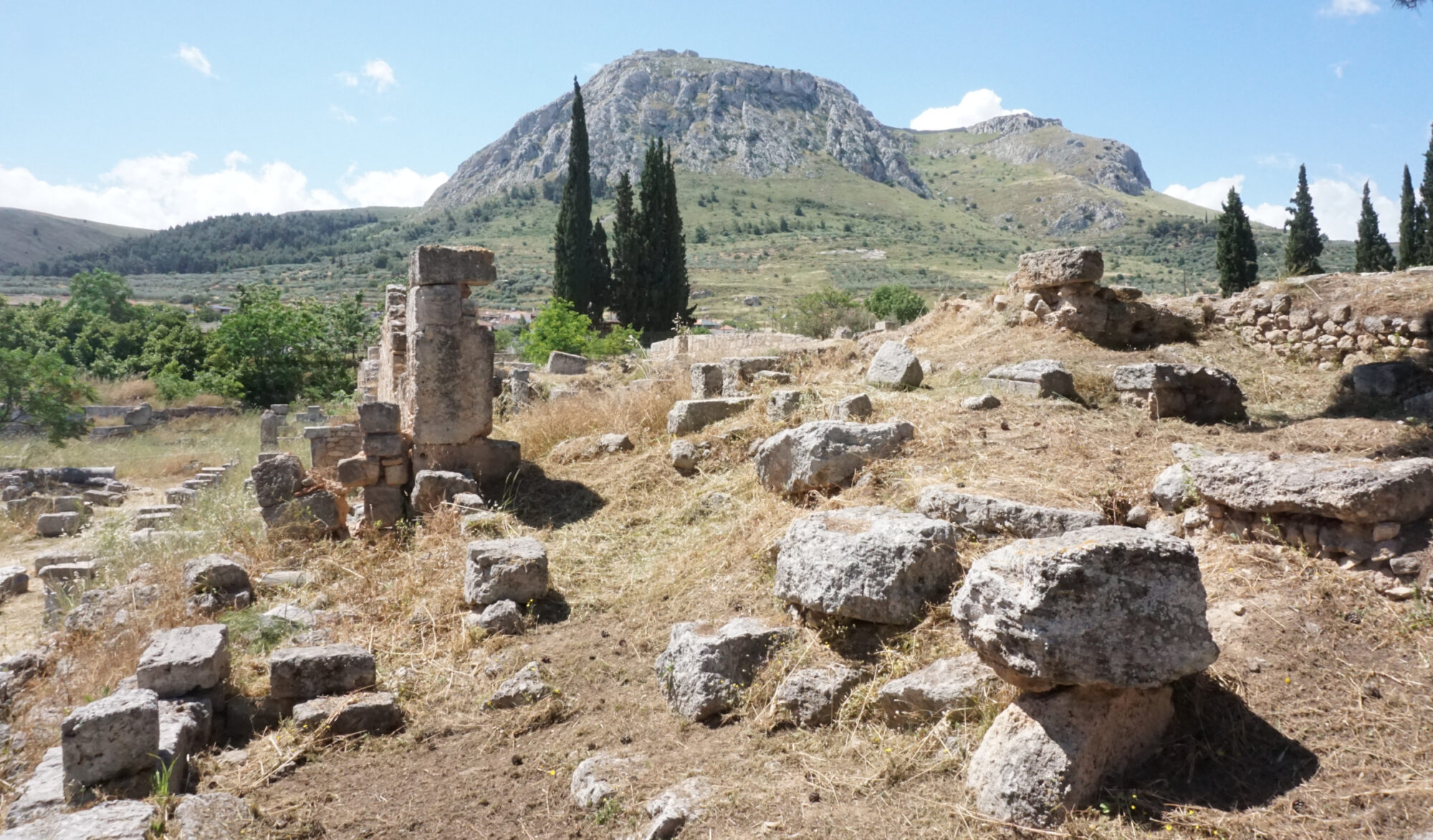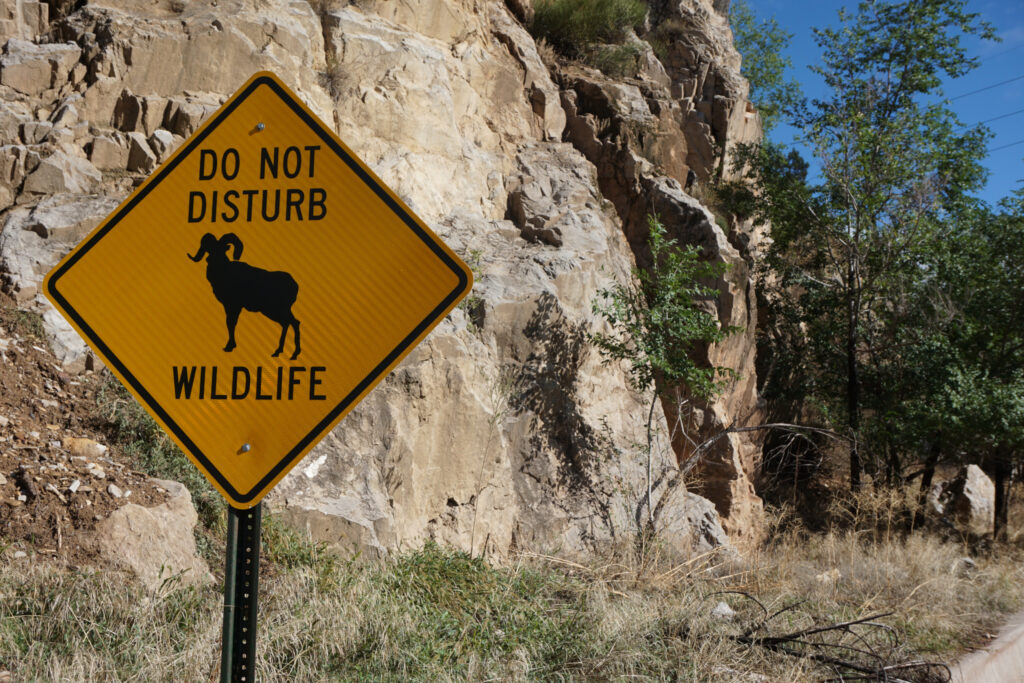Romans 8:18 (ESV)—For I consider that the sufferings of this present time are not worth comparing with the glory that is to be revealed to us.
When telling family and friends of my trip to Greece, I heard widespread appeal for travel companions: “Can I be your assistant?” “Do you need a bodyguard?” and “Can I travel along in your carry on?”
These responses made me wonder, what draws people to this place? Is it the travel magazines showing white-washed buildings perched on cliffs or the travel films boasting of ancient ruins? Does the Mediterranean diet attract the droves of tourists?
I think, yes, these do play a role. Yet I also see their part in building expectations, enticing us with a taste of what’s possible . . . a possibility that may let us down (say, when we realize the metro doesn’t run super early in the morning and we need another mode of transportation to the airport).
However, not all expectations disappoint, according to the Apostle Paul. He preached to the Romans of the expectation of meeting Christ in his Kingdom one day. When he noted God’s promise to free creation from the bondage of sin as a reward for their faith, he encouraged expectations aligned with God’s plan.
As such, Paul’s message suggests expectations play a role in our life. Our earthly expectations pull us back from seeking God’s promises, whereas our heavenly expectations draw us closer to aligning our plan with God’s.
Though we may suffer today, the future holds hope, a hope that seeks God’s inheritance rather than despair, a hope that seeks God’s guidance rather than stagnation. With the knowledge of God’s promise of a future free of sin, we can align our expectations with his plan. Drawing on hope puts our hardships into the perspective of Apostle Paul’s: “The sufferings of this present time are not worth comparing with the glory that is to be revealed to us” (Romans 8:19, ESV).




